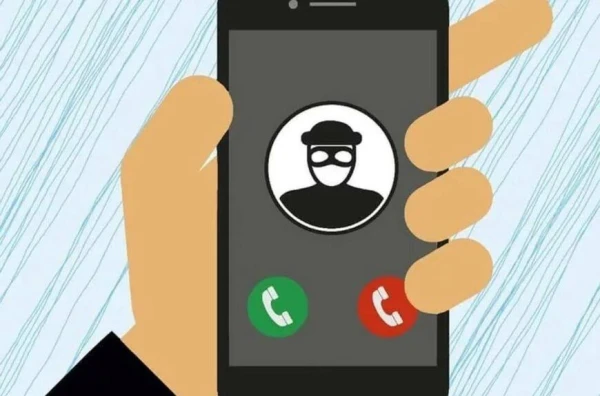
Phone scammers continue to invent new schemes, and even cautious people sometimes fall victim to them. Money transferred to strangers almost always disappears forever — usually abroad or into cryptocurrency. Psychologist Anastasia Korneyeva shares practical tips on how not to fall for the tricks of criminals.
1. Avoid Calls from Unknown Numbers
If the call is truly important, the person will most likely send a message via a messenger. There are exceptions — for example, when job hunting, when someone sends out resumes. In most cases, it is safer to ignore unknown calls.
2. Use Phone Protection
Install programs that identify spam numbers, or a voicemail auto-attendant that filters suspicious calls.
3. Do Not Trust Those Who Know Your Personal Information
Scammers may impersonate bank or police employees. They often have access to your full name, card number, and other data stolen from hacked databases. Never transfer money or codes from SMS to such callers.
4. Do Not Send Money to Acquaintances You Haven't Seen in a Long Time
Even if an acquaintance asks for a loan and you haven't communicated with them for years, there is a high probability that it is a scammer. It is safer to ignore such requests.
5. Verify Requests Before Helping
If you doubt the person's identity, call them yourself and make sure they are indeed who they claim to be. Never use the contact information provided by the scammer — it is better to dial the number yourself.
6. Do Not Click on Suspicious Links
Links sent through messengers or social networks may contain viruses or phishing sites. Do not open unfamiliar links and be cautious with any suspicious messages.
According to Anastasia Korneyeva, it is important to remain calm and not succumb to manipulation. Scammers try to evoke emotions — fear, greed, or anxiety — to make you act impulsively. A conscious refusal and caution will help protect yourself and your finances.














Leave a comment